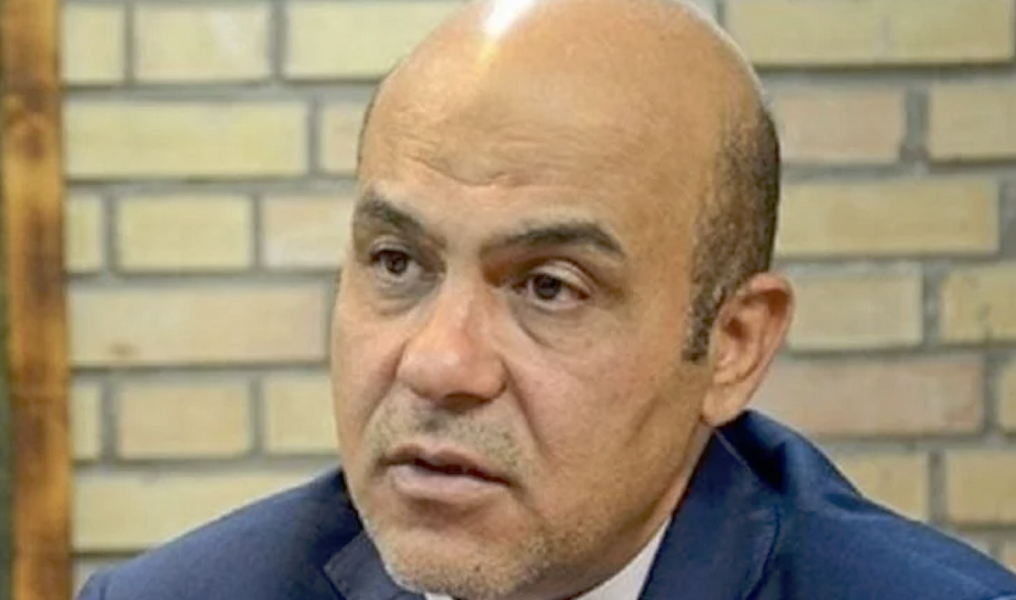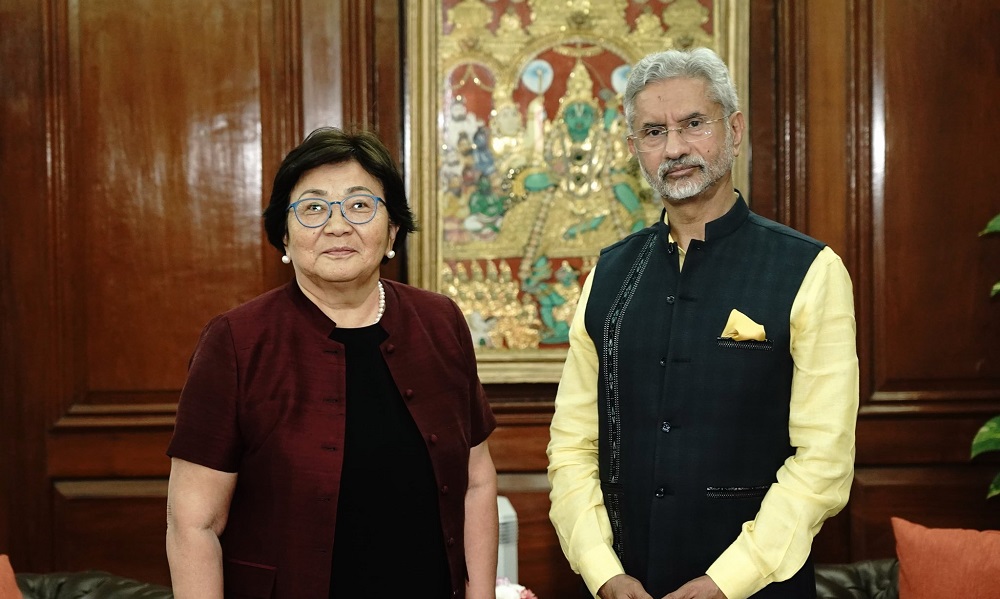Latest News
Iran executes British-Iranian ‘spy’ by hanging: judiciary

Iran on Saturday executed former top defense official and dual British national Alireza Akbari, who was accused of spying for UK intelligence, the judiciary reported.
Akbari was executed after being sentenced to death for “corruption on earth and harming the country’s internal and external security by passing on intelligence”, the judicial news agency Mizan Online reported.
“The actions of the British spy service in this case have shown the value of the convict, the importance of his access and the enemy’s trust in him,” it added.
Britain has demanded that Tehran halt what foreign minister James Cleverly has called a “politically motivated” execution, AFP reported.
On Thursday, state media had reported that 61-year-old Akbari had held high positions in the country’s defense establishment.
His posts included “deputy minister of defense for foreign affairs” and a position in the “secretariat of the Supreme National Security Council.”
Akbari had also been an “advisor to the commander of the navy” as well as “heading a division at the defense ministry’s research center”.
Mizan, citing a statement from Iran’s intelligence ministry, had said earlier this week that Akbari became a “key spy” for Britain’s Secret Intelligence Service, more commonly known as MI6, due to “the importance of his position”.
Akbari’s execution comes as Iran has been rocked by protests sparked by the September 16 death of Mahsa Amini, a 22-year-old Iranian Kurd, after she was arrested for allegedly violating the Islamic republic’s strict dress code for women.
Iran’s judiciary has confirmed that 18 people have been sentenced to death in connection with the protests, according to a count compiled by AFP from official announcements.
Of these, four have been executed, sparking an international outcry.
Latest News
IEA urges World Bank to resume work on 7,000 incomplete projects

Officials at the Ministry of Rural Rehabilitation and Development (MRRD) say 7,000 incomplete projects of the World Bank are at risk of destruction in Afghanistan. They call on the World Bank to resume the work of these projects.
According to them, discussions have been held with the World Bank about these projects, but there has been no result yet.
“7,000 incomplete projects are being destroyed, and if the work is not started, these projects will be destroyed. We ask the World Bank to resume the work of these projects as soon as possible,” said Noorul Hadi Adel, the spokesperson of MRRD.
Meanwhile, members of the private sector also ask international institutions to resume their work in Afghanistan.
According to the officials of this sector, with the start of these projects, job opportunities will be provided for thousands of people in the country.
“These projects create employment for our people and the country will grow a lot,” said Mirwais Hajizadeh, a member of the private sector.
However, economic experts stated if the work of these projects does not start soon, they will be destroyed and the investments made in them will be wasted.
Latest News
Ten people killed by floods in Helmand

Ten people have been killed and six others injured by floods in Helmand province in the past week, local officials said on Friday.
According to officials, seven of those were members of the same family, and they were killed in Kajaki district last night.
“Most of the people moved from vulnerable areas to high lands and mountains, and thanks Allah the number of casualties is low,” Sher Mohammad Vahdat, the head of information of the Directorate of Information and Culture in Helmand, said adding rescue teams and security forces have been dispatched to help people.
It is said that the telecommunication system has also been disrupted due to the effect of floods in Kajaki district. Floods have also destroyed thousands of acres of agricultural land.
Latest News
UN envoy meets Indian foreign minister to discuss Afghanistan

Roza Otunbayeva, the UN Secretary General’s Special Representative for Afghanistan, met with the Indian Foreign Minister Subrahmanyam Jaishankar in New Delhi and discussed issues related to Afghanistan, it was announced on Thursday.
During the meeting, Otunbayeva thanked India for “its critical humanitarian support and longstanding friendship for the Afghan people” and discussed the importance of regional and international cooperation to address prevailing challenges in Afghanistan, UNAMA said on X.
Jaishankar also said on X that the sides exchanged views on the current situation in Afghanistan.
“Underlined that India has provided wheat, medicines, pesticides and school supplies. Appreciate the role of UN agencies as partners in these endeavors,” he said.
-

 Sport4 days ago
Sport4 days agoACL fever grows as fixtures finalized
-

 World4 days ago
World4 days agoUS will not take part in any Israeli retaliatory action against Iran
-

 Latest News4 days ago
Latest News4 days agoOver 50 people dead in traffic accidents over Eid
-

 Latest News4 days ago
Latest News4 days agoUS identifies Kabul airport suicide bomber
-

 Business4 days ago
Business4 days agoAfghanistan-Kazakhstan chamber of commerce opens in Herat
-

 Latest News4 days ago
Latest News4 days agoGood rains enable DABS to increase power production in Kabul
-

 World3 days ago
World3 days agoIsraeli military vows response to Iran attack as calls for restraint mount
-

 Latest News3 days ago
Latest News3 days agoPakistani police give Afghans in Balochistan one day to leave
























